AeroGenie — Your Intelligent Copilot.
Trending
Categories
Engine Problems and Lease Terminations Impact Industry Dynamics
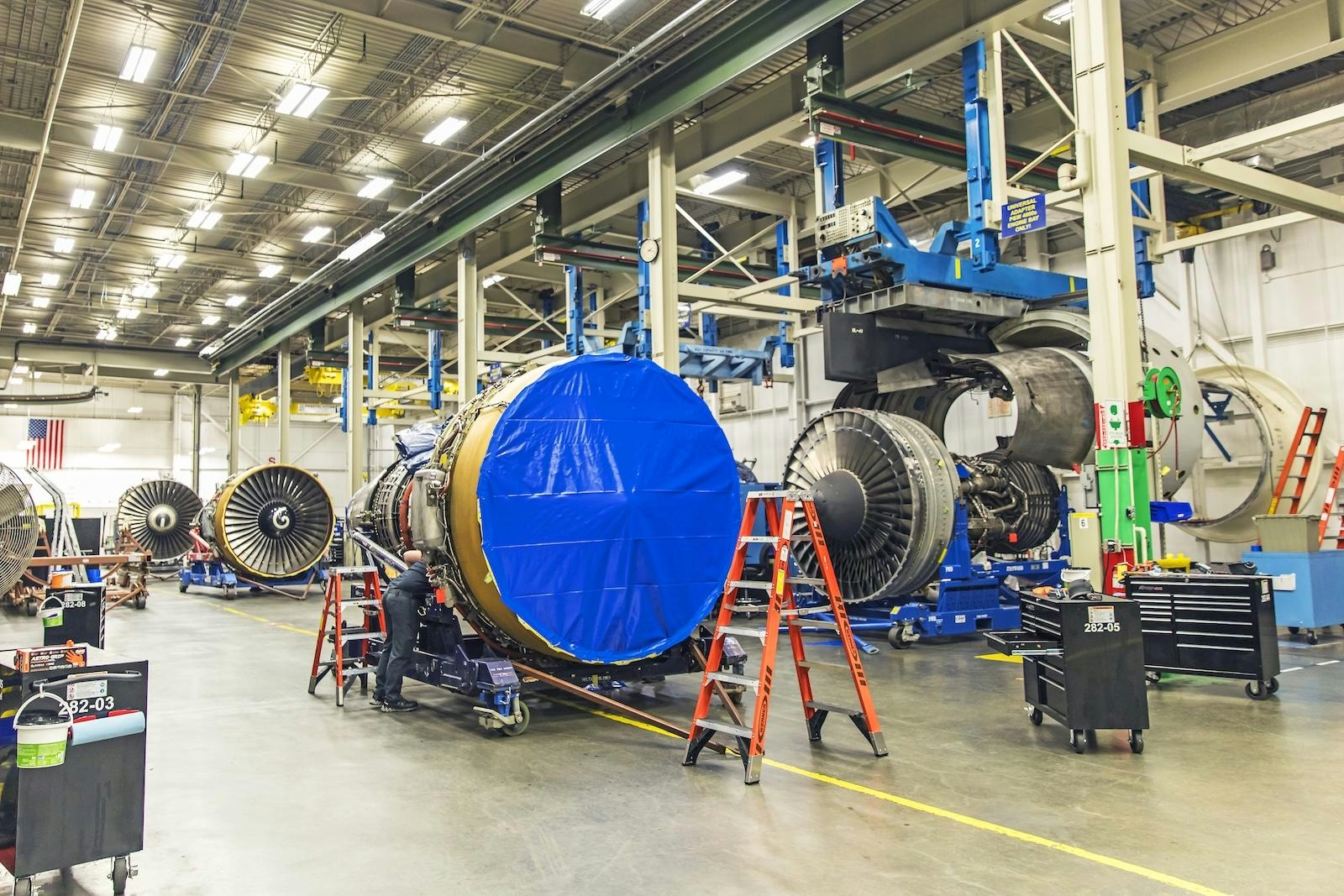
Engine Troubles and Lease Disputes Trigger Spirit Airlines Bankruptcy
Spirit Airlines has filed for bankruptcy protection, citing a confluence of persistent engine problems and lease terminations that have severely disrupted its operations. The airline’s challenges reflect mounting pressures within the ultra-low-cost carrier (ULCC) segment and signal potential shifts across the broader aviation industry.
Operational Disruptions from Engine Defects
In a recent court filing, Spirit’s Chief Financial Officer Fred Cromer outlined the impact of ongoing issues with Pratt & Whitney’s (P&W) geared turbofan (GTF) engines, which power the airline’s Airbus A320neo-family fleet. Since July 2023, a global recall of these engines due to manufacturing defects has grounded hundreds of narrowbody jets, with Spirit among the most affected carriers. Cromer emphasized the critical and time-sensitive nature of optimizing the airline’s fleet, noting that the defects have resulted in costly and prolonged groundings.
At present, Spirit has 38 Airbus aircraft sidelined for engine repairs, and all 79 GTF engines in its fleet require off-wing maintenance before the recall can be resolved. Cromer warned that completing these repairs could take more than two years. Although Spirit has secured compensation from P&W, including a recent agreement expected to inject between $150 million and $195 million in liquidity, the operational and financial burdens remain substantial.
Lease Terminations Compound Financial Strain
Adding to Spirit’s difficulties, Irish aircraft lessor AerCap has terminated lease agreements for 36 Airbus aircraft scheduled for delivery in 2027 and 2028, while also issuing a notice of default on leases for 37 aircraft already in Spirit’s fleet. Spirit disputes the validity of these actions but acknowledges that the default notices could prompt similar responses from other lessors, jeopardizing the stability of its entire fleet. Cromer stated that the airline “had no choice but to quickly seek the protections of Chapter 11” and indicated that Spirit may pursue litigation against AerCap for damages resulting from these lease terminations.
Broader Market Challenges and Industry Implications
Beyond technical and leasing setbacks, Spirit faces a challenging market environment characterized by weak demand for low-cost seats in the United States, an underperforming route network, and intense competition from both fellow ULCCs and major carriers such as American Airlines, Delta Air Lines, Southwest Airlines, and United Airlines. These factors have exacerbated Spirit’s financial difficulties and are prompting competitors to reevaluate their strategies, potentially leading to broader shifts in industry dynamics.
As Spirit undertakes restructuring under bankruptcy protection, the repercussions of engine reliability issues and leasing disputes are reverberating throughout the sector. The situation underscores the vulnerability of carriers heavily dependent on specific aircraft and engine models and highlights the imperative for adaptability amid evolving operational and market challenges.
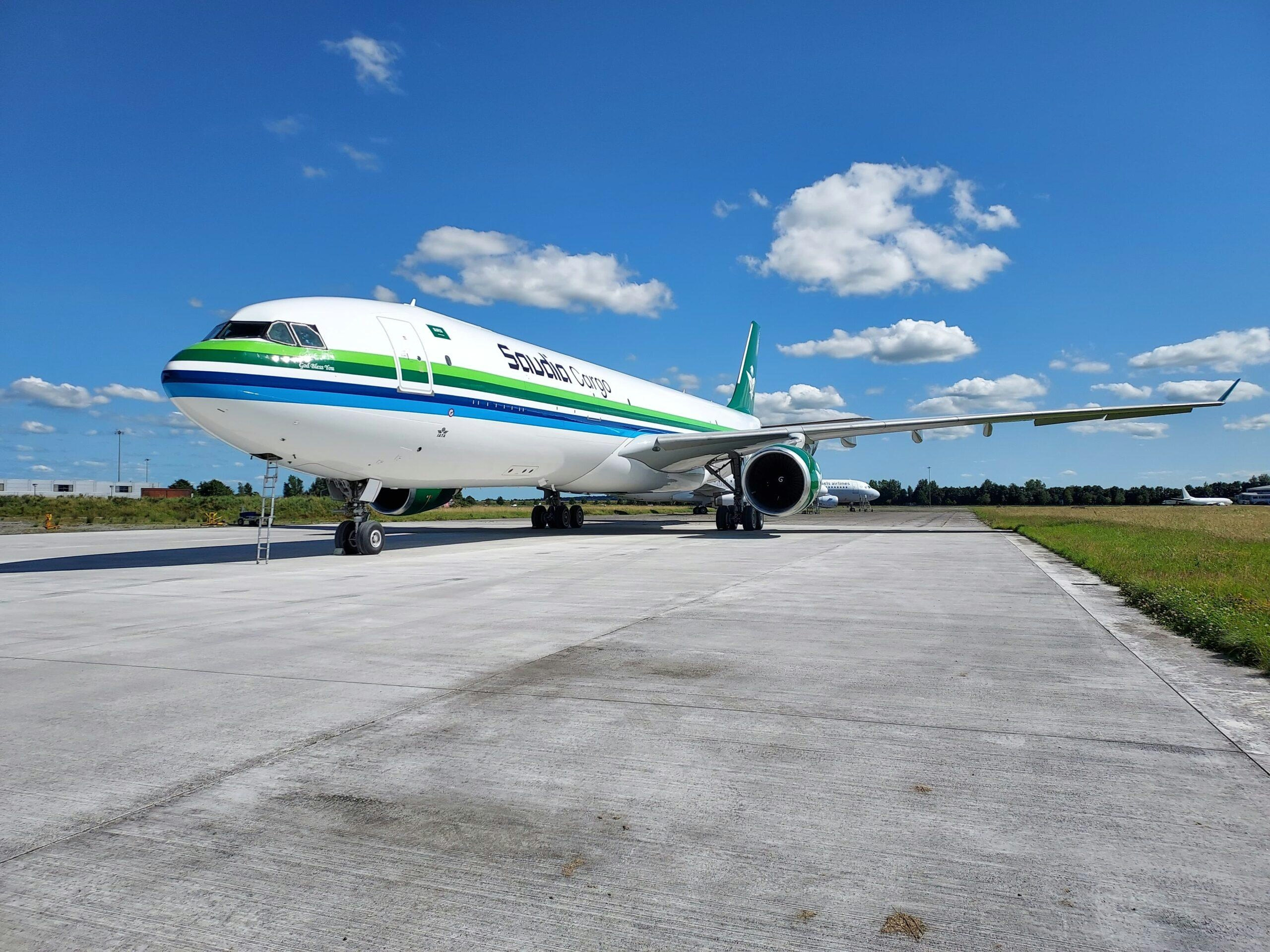
AJW Group Renews Partnership with ASL Aviation to Support A330ceo Fleet
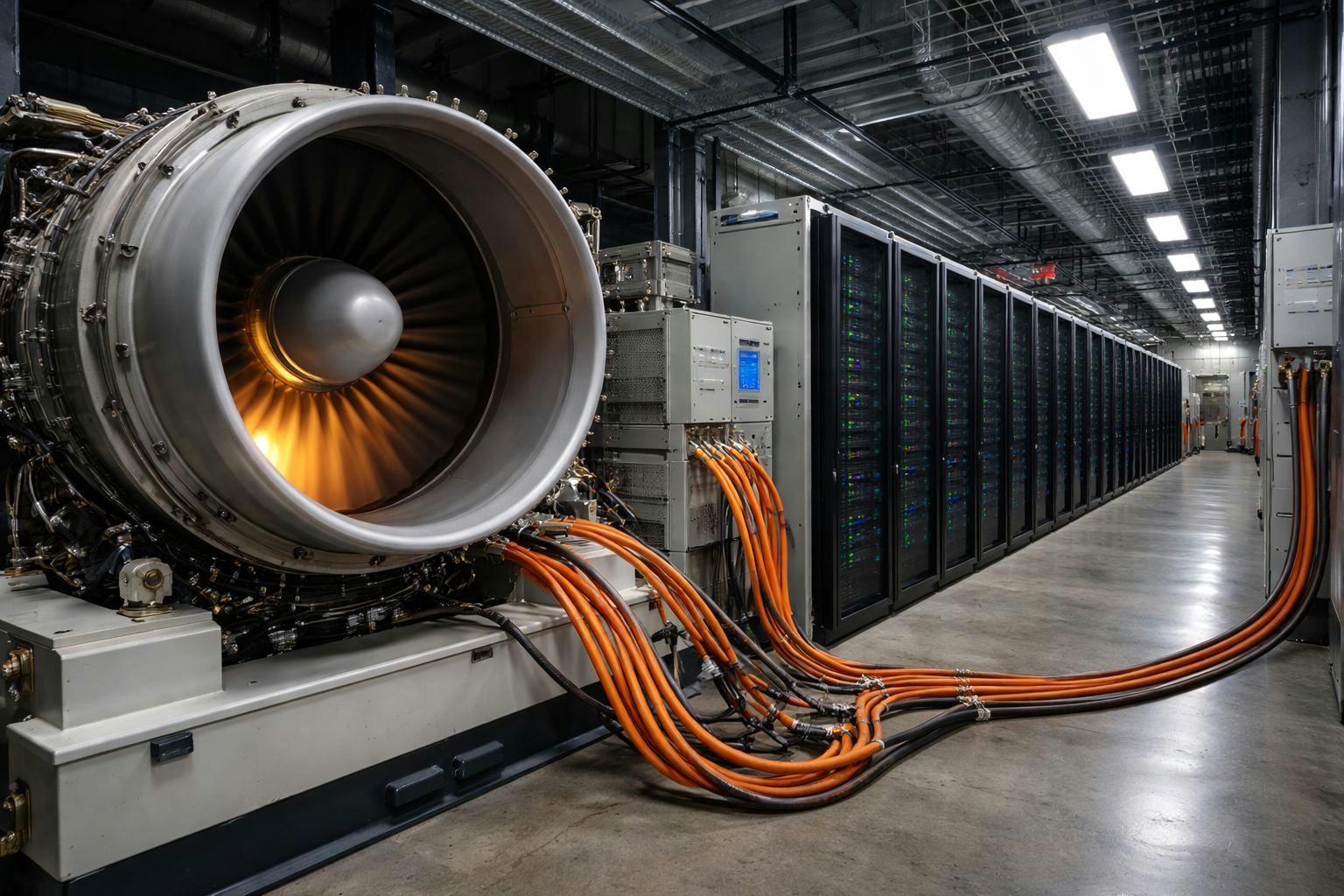
Could AI Cause a Jet Engine Shortage Similar to the Chip Crisis?

Joint Statement from UK Space Agency, MHRA, Regulatory Innovation Office, and Civil Aviation Authority
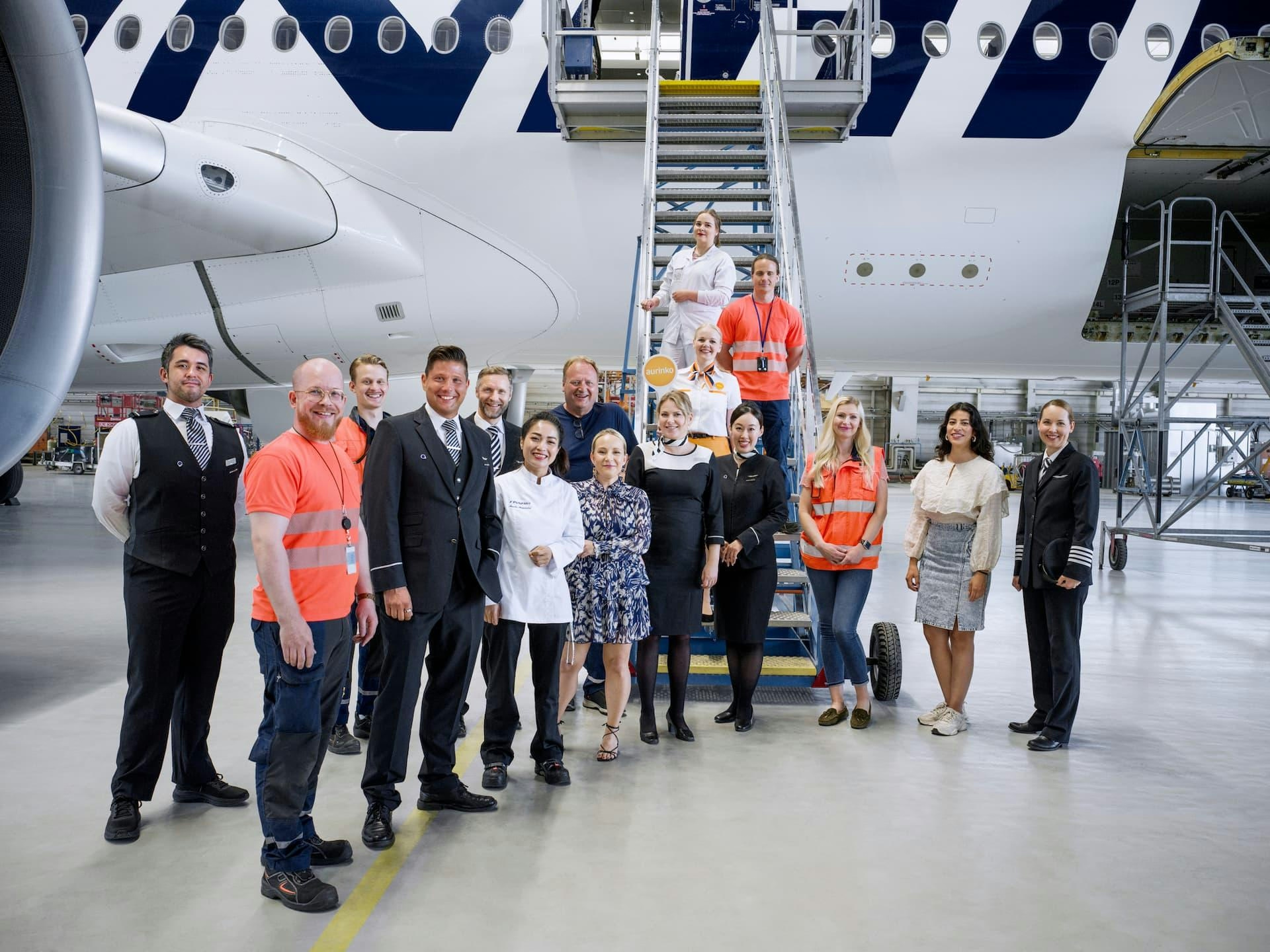
Finnair's Commitment to Sustainable Aviation and Value Chains

Women Leaders Shaping the Future of Passenger Experience
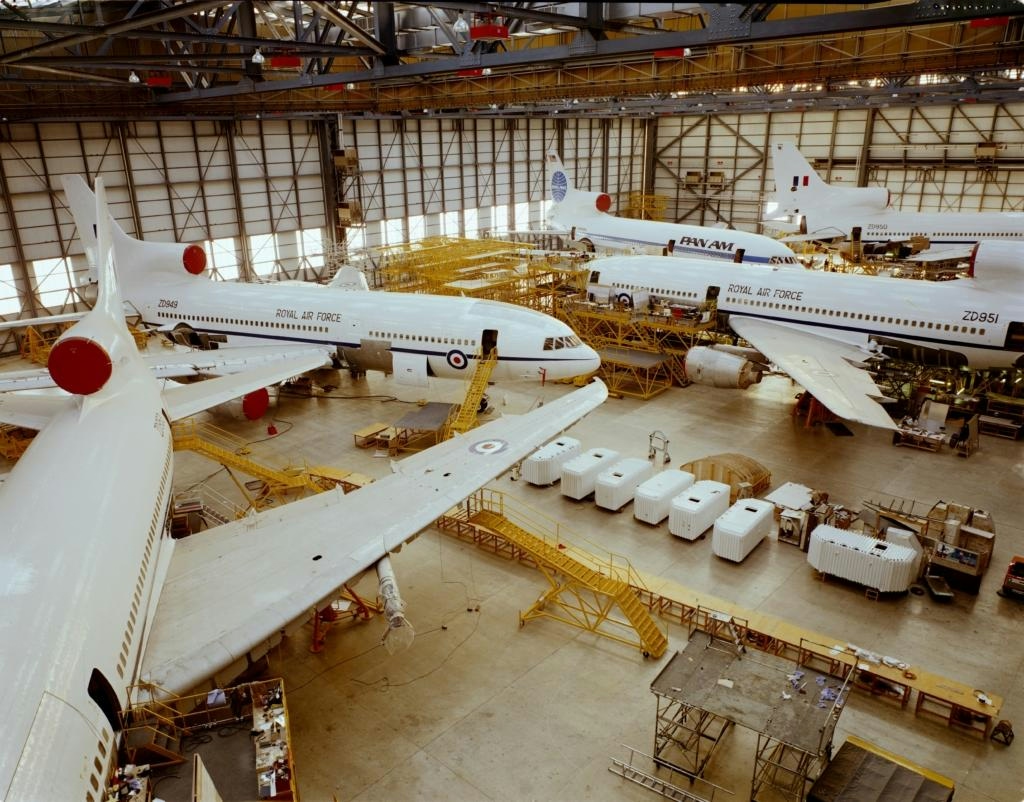
Marshall Aerospace’s 115-Year Evolution from Cars to C-130s

Advancing Sustainable Aviation Goals for 2050

Sabre Introduces New AI-Driven Platform
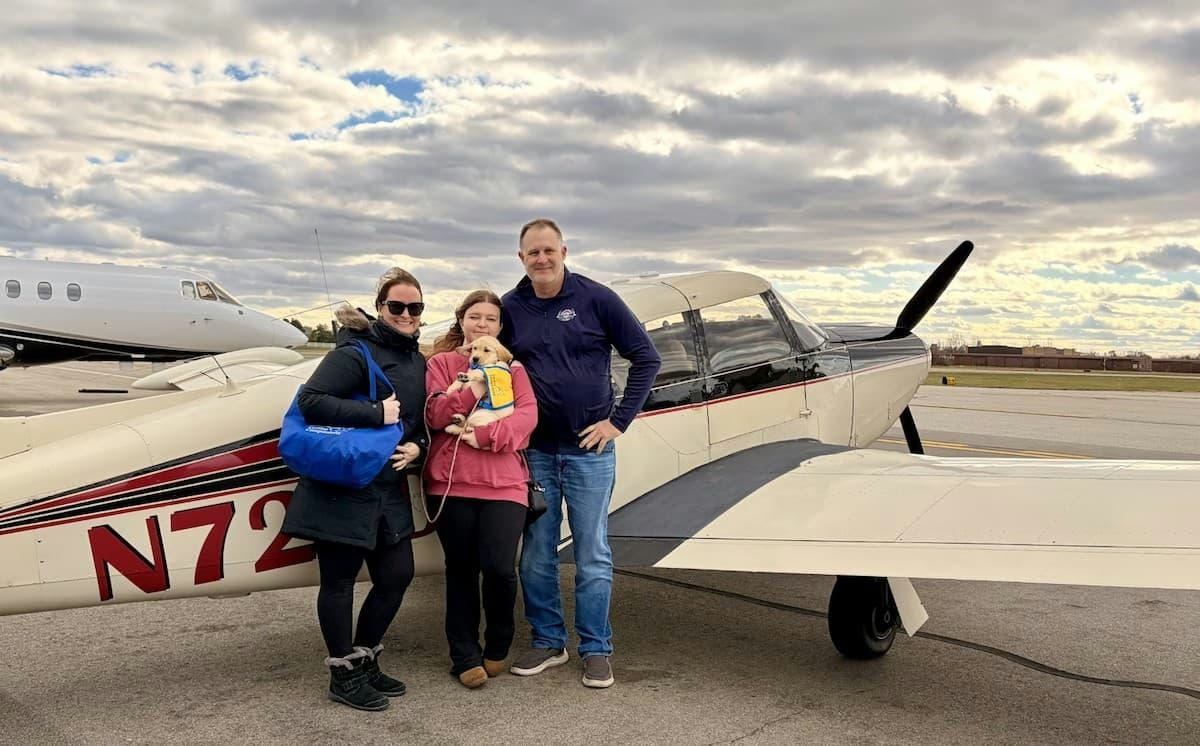
Photo of the Day: Special Delivery
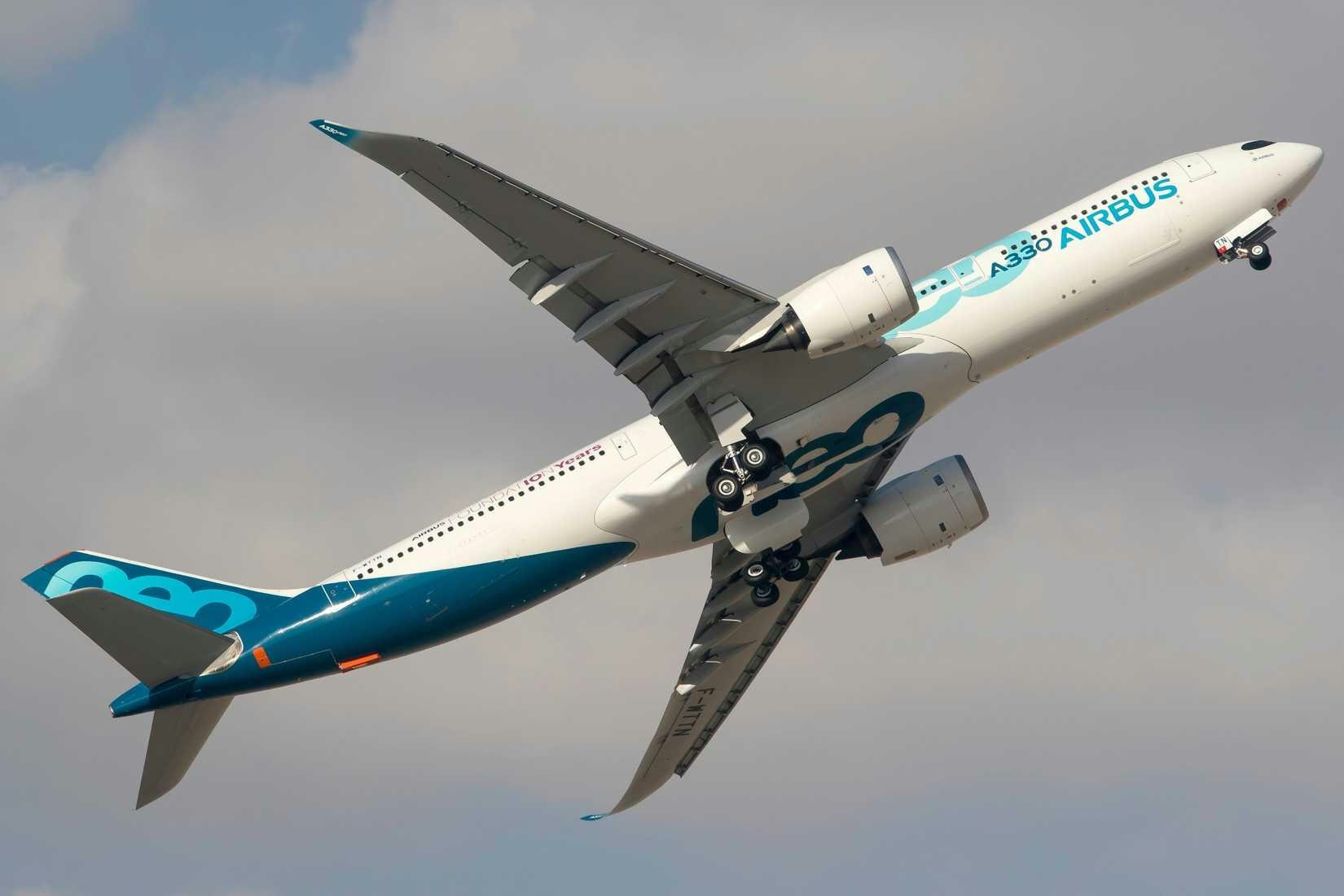
GOL CEO Confirms Possible Arrival of A330neo Widebody Aircraft
